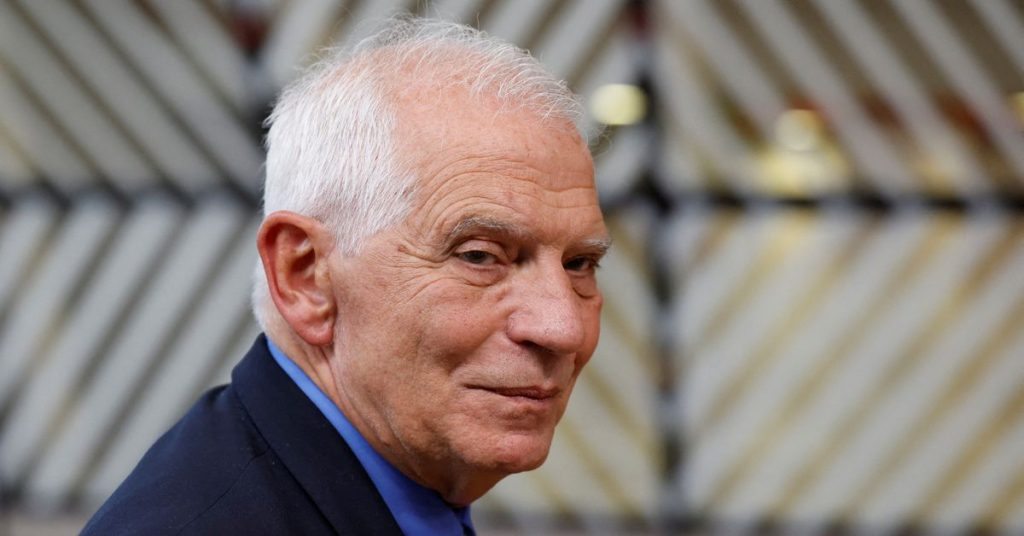
A senior US State Department official said Friday that G7 nations are increasingly aware of what Chinese President Xi Jinping aspires to in the wake of the Communist Party Congress in Beijing, and the need for a coordinated response.
The talks between top diplomats of the Group of Seven richer nations coincided with a one-day visit by German Chancellor Olaf Schulz to Beijing, the first by a G7 leader since the Chinese president consolidated his grip on power at a ruling party congress.
Critics said Schulz’s trip has raised concern that Germany will continue to prioritize economic ties with Beijing over security and strategic considerations, threatening divisions among Western allies who have sought to adopt a tougher stance toward an increasingly assertive China in recent years.
China has been Germany’s largest trading partner for the past six years, with volumes reaching more than 245 billion euros ($238.9 billion) in 2021.
“What we’ve seen over the past 18 months or so is an increasing convergence of views on what China’s ultimate strategy will be, both domestically and globally,” the State Department official told reporters.
He was speaking on condition of anonymity on the sidelines of the G7 foreign ministers meeting in the western German city of Münster.
“I think coming out of the party congress, I think there is ultimately a growing recognition of what President Xi’s ambitions are and the need for a coordinated response to that.”
Meanwhile, the European Union’s foreign policy chief Josep Borrell said he recognized China’s increasing assertiveness but cautioned that it should not be placed in the same category as Russia, which invaded Ukraine in February.
“It is clear that China … has become much more assertive and much more self-reliant,” Borrell told reporters.
“But at the moment, many member countries have a strong economic relationship with China, and I don’t think we can put China and Russia on the same level.”
Analysts said Schultz’s visit to Beijing was a test of relations between China and the West after years of rising tensions, with talks touching on Russia’s war on Ukraine, climate change and mutual market access.
The US State Department official said the partners agreed that the G7 should strengthen coordination of China’s various strategies developed by individual countries.
“This is something I think will be the focus of this group as we head to the presidency of Japan next year,” he noted, referring to Japan’s assumption of the rotating presidency of the Group of Seven from Germany at the beginning of next year.
Sino-Japanese relations have long been plagued by the dispute over a group of small, uninhabited islands in the East China Sea, a legacy of Japan’s World War II aggression and regional rivalry.
Bilateral relations were further strained after China launched ballistic missiles into waters near Japan as part of a military exercise that began after US House Speaker Nancy Pelosi’s visit to Taiwan in August.
China claims Taiwan as its territory and has never given up the use of force to bring the island under its control.
Japan’s Sankei newspaper reported Friday that the Japanese and Chinese governments have begun planning for a meeting between Xi and Japanese Prime Minister Fumio Kishida in mid-November.
Sabine Siebold reports. Additional reporting by Sarah Marsh. Editing by Philippa Fletcher
Our criteria: Thomson Reuters Trust Principles.




More Stories
Journalists convicted in Hong Kong sedition case
Stand News: Hong Kong journalists convicted of sedition in case critics say highlights erosion of press freedom
Shark decapitates teen off Jamaica coast